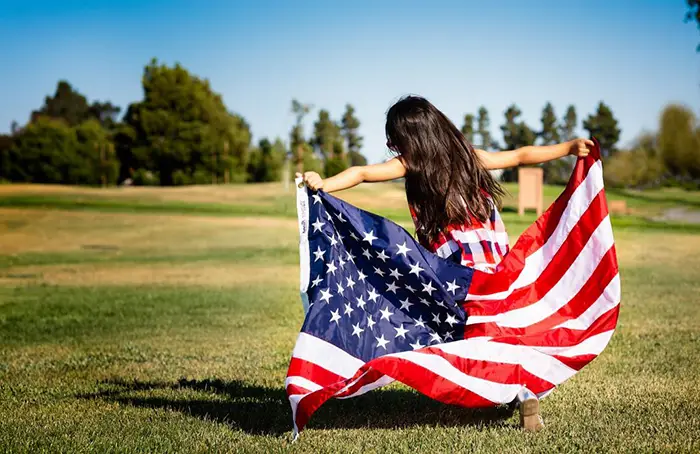Why USA?

For many international students, adjusting to American culture can be difficult and at times frustrating. American customs and values might be very different from those of your home country, and you might find them confusing. You will probably want to familiarize yourself with American culture before your departure, in order to make the transition as easy as possible.
Americans strongly believe in the concept of individualism. They consider themselves to be separate individuals who are in control of their own lives, rather than members of a close-knit, interdependent family, religious group, tribe, nation, or other group.
EqualityThe American Declaration of Independence states that “all [people] are created equal,” and this belief is deeply embedded in their cultural values. Americans believe that all people are of equal standing, and are therefore uncomfortable with overt displays of respect such as being bowed to.
InformalityThis belief in equality causes Americans to be rather informal in their behavior towards other people. Don’t be surprised if store clerks and waiters introduce themselves by their first names. Many people visiting the US are surprised by the informality of American speech, dress, and posture. Don’t mistake this for rudeness or irreverence; it’s just a part of their culture!
DirectnessAmericans tend to value, frankness and openness in their dealings with other people. They believe that conflicts and disagreements are best solved by means of forthright discussion among the people involved. Americans believe that if someone has a problem with someone else, they should tell the person clearly and directly in order to come up with a solution to the problem.
One fun way to learn about a culture is to participate in its traditions. Here are a few key holidays that Americans celebrate throughout the country:
|
1 January |
New Year's Day |
Welcome the new year with parties starting the night before (New Year's Eve on 31 December) |
|
3rd Monday in January |
Martin Luther King, Jr. Day |
Commemorate the birthday of the African-American civil rights leader Martin Luther King, Jr., who won the Nobel Peace Prize in 1964. |
|
14 February |
Valentine's Day |
Celebrate love and romance by exchanging tokens of love (usually cards, candy or gifts). |
|
3rd Monday of February |
President's Day |
Honor past American presidents like George Washington (the nation's first leader) and Abraham Lincoln (Civil War hero who helped abolish slavery). |
|
17 March |
Saint Patrick's Day |
Celebrate the patron saint of Ireland with parades and parties decorated in Irish green. |
|
1 April |
April Fool’s Day |
Play a clever (but harmless) trick or tell a joke to someone with a good sense of humor. |
|
Last Monday of May |
Memorial Day |
Remember the men and women who died while serving in the U.S. Armed Forces. |
|
4 July |
Independence Day |
View public displays of fireworks as Americans mark the date when thirteen U.S. states declared their independence from England in 1776. |
|
1st Monday in September |
Labor Day |
Honor the contributions and efforts of hard workers throughout the country. |
|
2nd Monday in October |
Columbus Day |
Pay tribute to Christopher Columbus, who is traditionally thought of as the discoverer of the Americas in 1492. |
|
Last Thursday in November |
Thanksgiving Day |
Feast on a traditional meal that commemorates the dinner shared by the Pilgrims (first settlers of the thirteen colonies) and the Native Americans. |
|
25 December |
Christmas Day |
Celebrate the birth of Christ, leader of the Christian faith, by exchanging gifts with family and friends. |
Of course, the US is a large country, made up of many different cultures. Your cultural experience is bound to differ depending on where in the US you choose to study.


